Homemade composting is easy. It can be made in pretty much any kind of container or even a heap on the ground. And with a few simple rules – and a little patience – you can be spreading this valuable, nutrient-rich treasure around your garden.
A good mixture of materials is essential to create your black gold goodness. This includes equal quantities of damp greens (veg peelings and leafy garden debris) and dry browns (twiggy prunings and egg boxes). And like the yeast to sugar ratio in bread making, too much of one thing and not enough of another can turn it from rich and crumbly to dense and compacted.
Top tip
Chop up your materials to increase the surface area for the bacteria to work on and make sure it’s nice and moist. Then insulate your materials by covering either with a lid or with some cardboard to keep the rain out.
Take it slow or speed it up
You can leave this heap for a year or more, and slowly but surely the lovely microbes and worms will do all the arduous work and create your compost. But to get a finer ferment, you might want to consider these key questions.
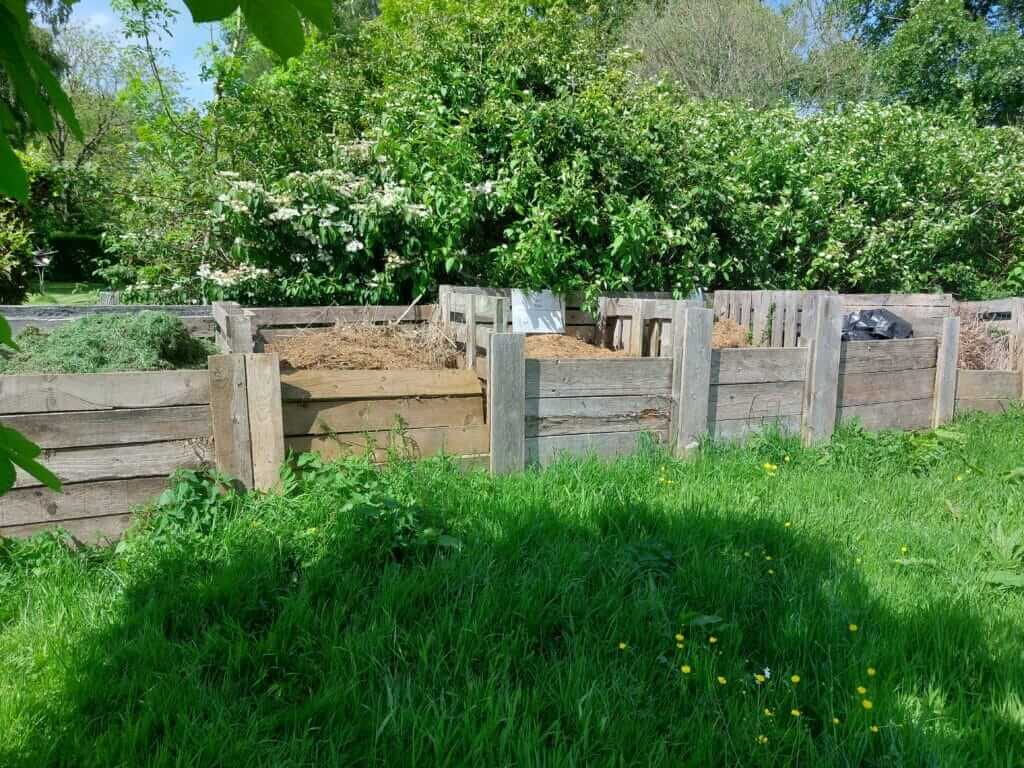
Can I compost weeds?
Almost anything from the garden can be composted but it’s best to avoid diseased plants or annual weeds that are setting seed. The tops and foliage from perennial weeds such as dock should be fine, but it’s best to soak the roots in water to break them down before composting. Avoid adding mare’s tail and bindweed and dry these in the sun instead.
Are paper products compostable?
Cardboard and (biodegradable) paper towels can be scrunched up and composted in small quantities. With paper, try a tear test. If you can easily tear then it’s fine to go in, if you’re struggling then it’s likely made up of layers of foil or plastic and this won’t break down.
What about other compostable materials?
Only packaging certified as ‘home compostable’ will breakdown in home heaps; otherwise, it requires industrial composting temperatures and will need to be collected by your council (although not all councils offer this service).
Why does my compost look lumpy?
Twiggy bits of garden debris, cardboard and eggshells take longer to degrade than lush leafy greens, so it’s worth sieving your compost and returning bigger bits to the bin. Alternatively, combine the lumpy stuff with peat-free bagged compost and use in containers where it can decompose, but not look unsightly.
Why does my compost bin smell?
Compost should smell rich and earthy, so a reeky heap usually indicates stagnation. This can be because it has too much of one type of material, i.e. greens. Keep a supply of dried out plant materials and stems nearby, which you can add regularly. Regularly turning can also aerate your heap and aid the natural decomposition process. Never add meat, dairy or cooked foods to a cool bin, as these can attract vermin and flies (and make a nasty whiff as they decompose).
When is my compost ready?
Compost can be made in 30-90 days in a Hotbin but can take a year or more in a cool, outdoor heap. In general, the more effort you put in (chopping up material and turning regularly), the quicker you will get the good stuff.
When the ingredients at the bottom of your container have turned into a dark brown, sweet-smelling substance, the composting process is complete! Don’t worry if your compost isn’t fine and crumbly. Lumpy, sticky, or stringy bits are quite usable and can be added back into your compost bin for another go.
The Grow Your Own Wicked Leeks series is written by Garden Organic, the national charity for organic growing. Each month we bring you timely advice on what to do in your organic patch, whether you’re an experienced grower or just starting out. Share your own tips and gardening photos on social media under #GYOWickedLeeks.
Want to learn more? Garden Organic is running a Composting Crash Course on 10 May at its organic demonstration garden, at Wolston Lane, Coventry. Find out more here.

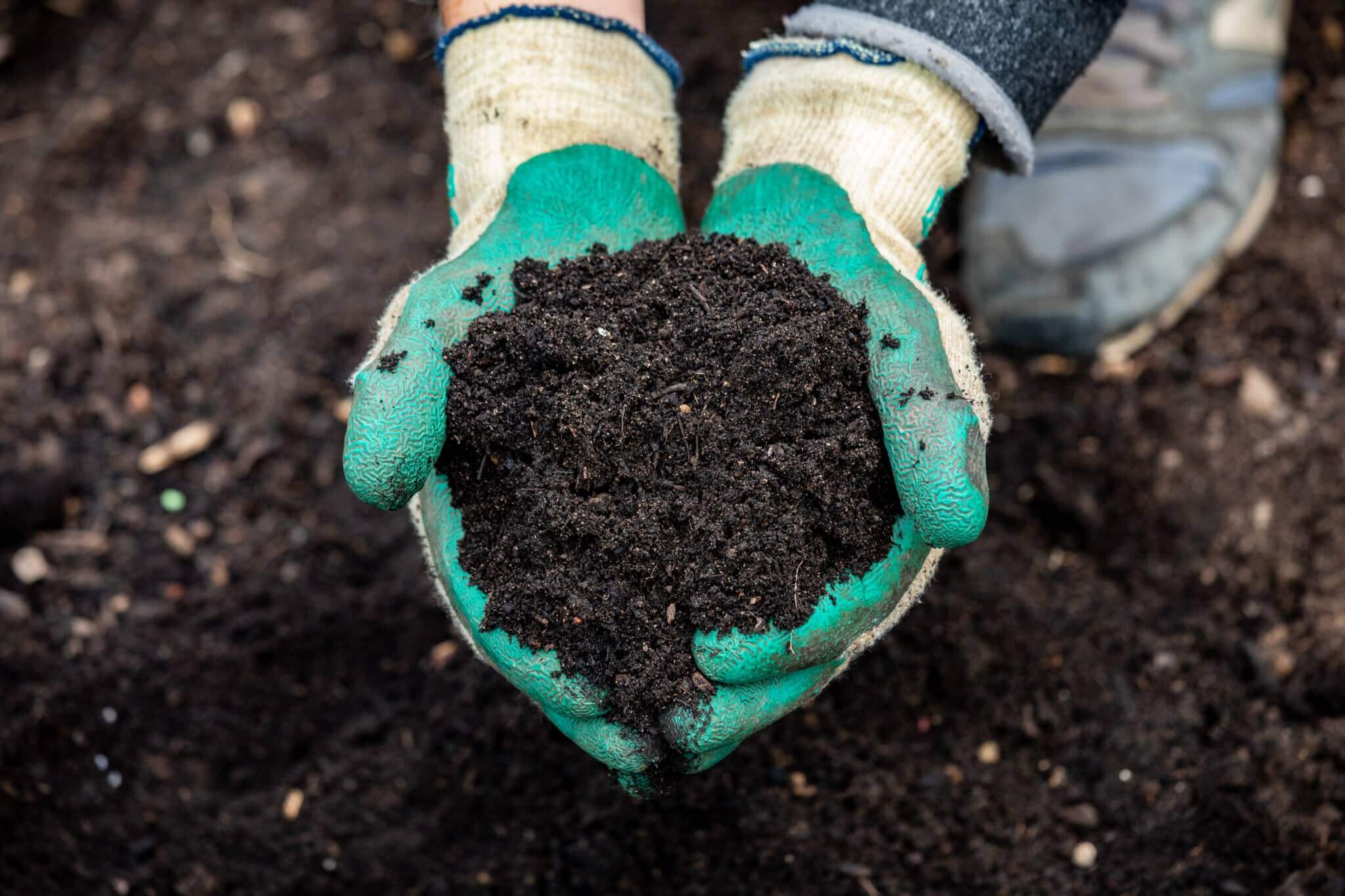

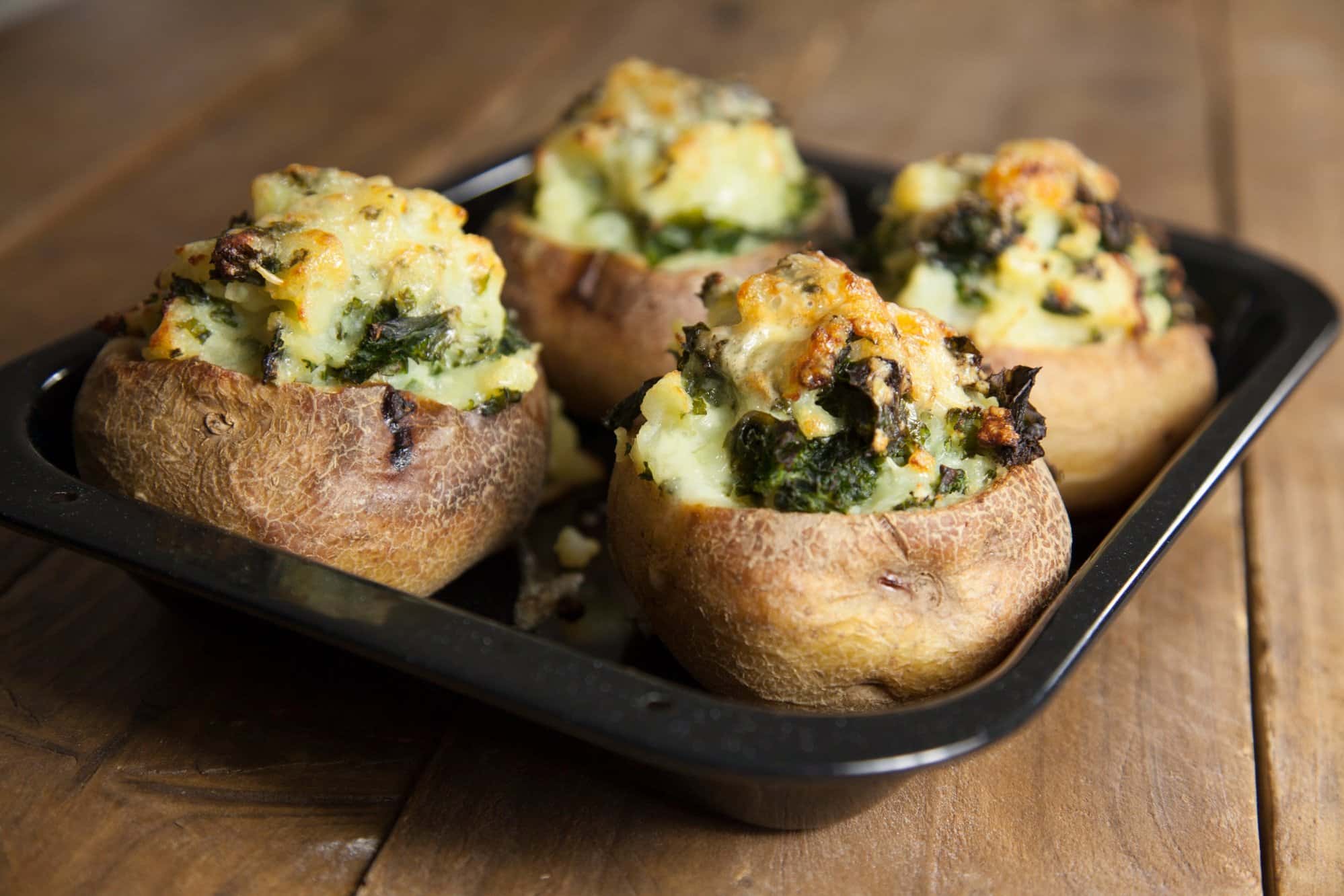
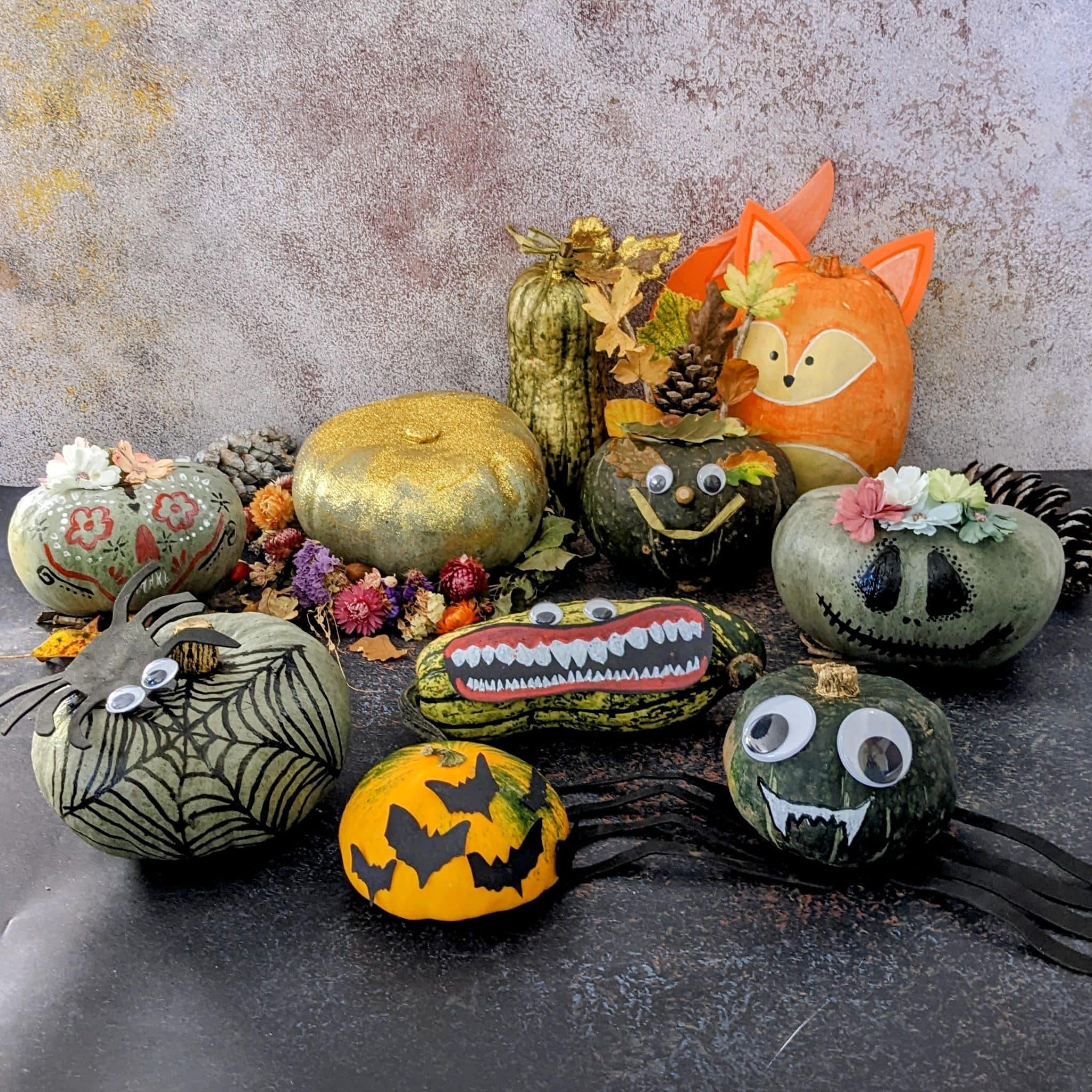
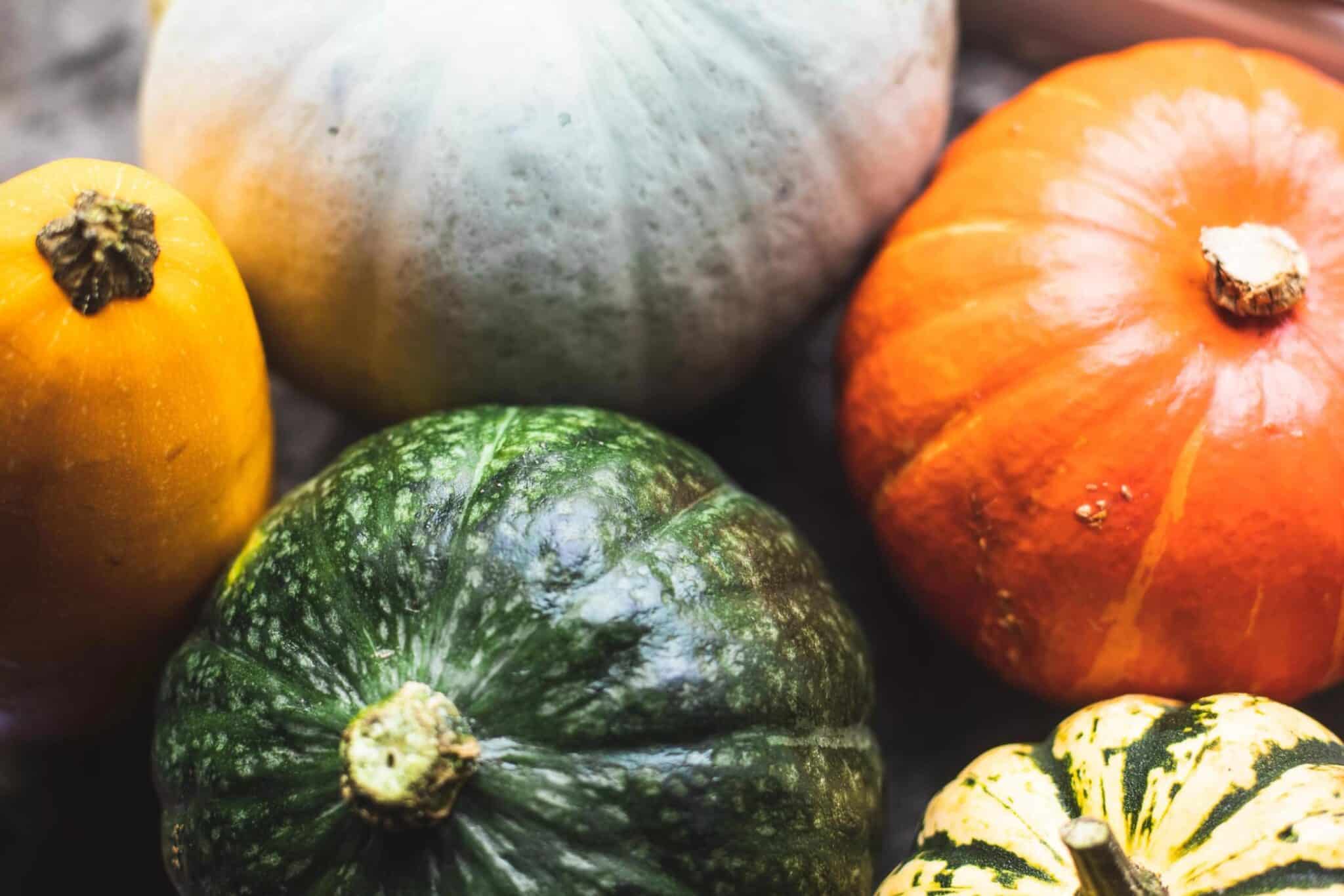







Great tips. I make great use of my compost stirrer – a metal pole with small wings on the tip. You push it into the heap then pull it out. The wings open and it aerates/mixes as you go.